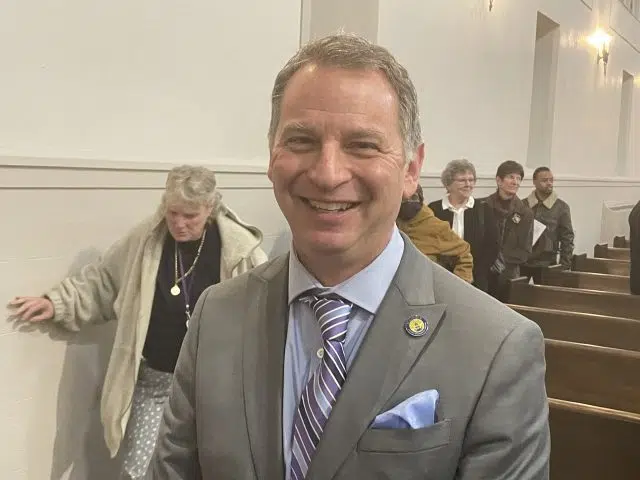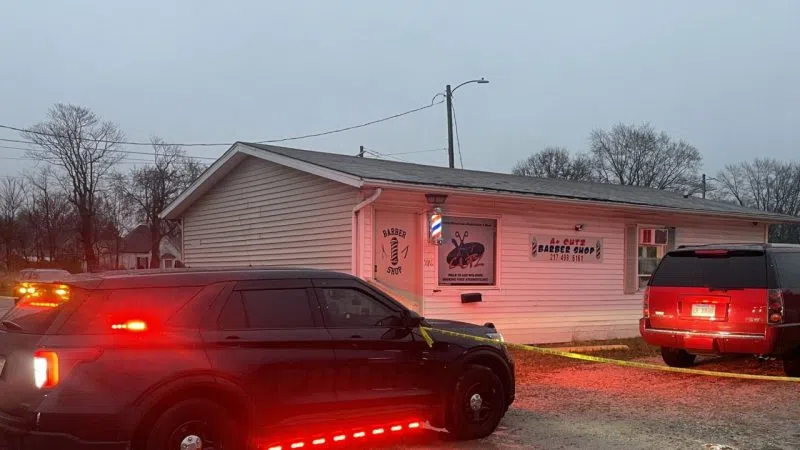THE FOLLOWING RELEASE IS FROM STATE SENATOR FARACI’S OFFICE
SPRINGFIELD – State Senator Paul Faraci’s measure to give veterans and first responders access to mental health providers of their choice was signed into law on Friday.
“As we see the federal government start to crack down on non-compete agreements, it’s important that we stay ahead of the curve in Illinois,” said Faraci (D-Champaign). “The goal of this initiative is to expand access for veterans and first responders who want to receive mental health treatment from the licensed professional of their choice.”
The measure was brought to Senator Faraci because a mental health provider was sued for providing health care services to a firefighter under a non-compete clause. These clauses are common when a mental health professional leaves their place of employment; often times their contract contains a non-compete clause, leaving them unable to provide services within a 50-mile radius for two years. Police, fire and veteran organizations often want to contract mental health professionals that have a shared background or an establishment of trust with the organization, making these non-compete clauses detrimental to mental health care access for first responders and veterans. In the 52nd District, a non-compete clause would not only prevent a mental health counselor from providing services in Champaign, but it would also stop them from providing services in surrounding communities, including Urbana, Rantoul and Danville.
Faraci’s legislation allows every trained mental health professional to provide these much-needed services to any first responder or veteran, regardless of whether they have a non-compete clause in their employment contract. The change gives first responders additional access to mental health services and allows organizations to use their preferred mental health professional.
“The physical and mental health of our firefighters is paramount,” said Champaign Fire Chief Andy Quarnstrom. “This legislation ensures that our firefighters can get the help they need without strings attached and we are grateful for that.”
Senate Bill 2737 goes into effect Jan. 1, 2025.










